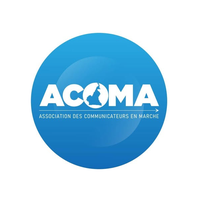
How IPRA and UNESCO shaped the world of PR
Alain Modoux, IPRA President 1988, tells how the fall of the Berlin Wall sent ripples around the world of communication
At first a misunderstanding …
IPRA established relations with UNESCO in 1983 under Göran Sjöberg’s presidency. At an introductory visit in Paris with UNESCO director-general Amadou Mahtar M’Bow IPRA seized the opportunity to express disappointment in the 1981 MacBride report. That report had cast a dark shadow over PR as this extract shows:
"PR’s operations are varied and not clearly defined. In the complex world of communication, PR raises ethical questions because of the selective character of the information transmitted."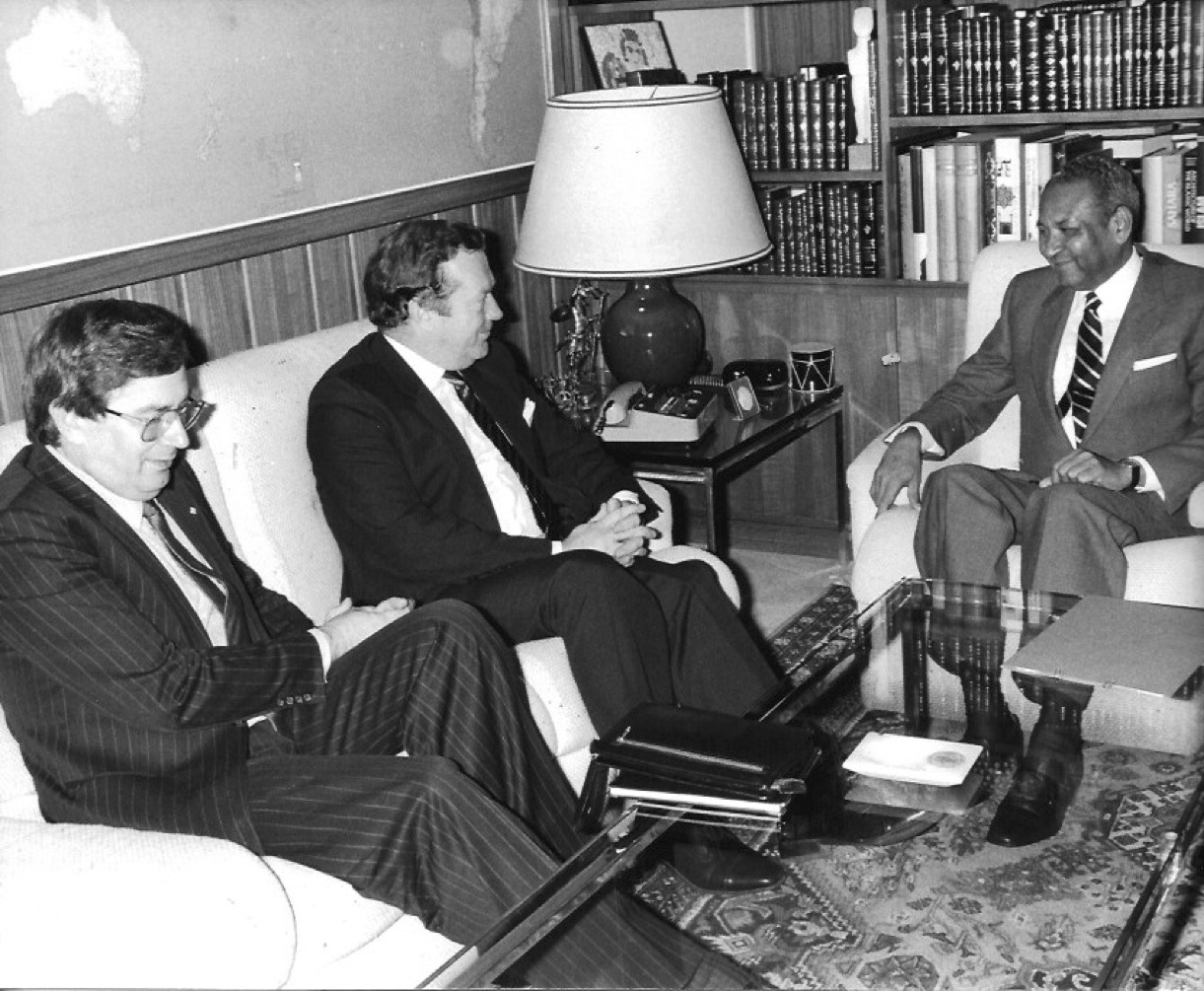
IPRA pointed out that the report’s author Sean MacBride never consulted us when he might have learnt about the then long-standing ethical rules of the 1965 IPRA Code of Athens.
Additionally, there was an albeit belated opportunity to express disappointment to the author face to face at an IPRA council meeting in Quebec in 1981.
Göran Sjöberg has been the first IPRA president to bridge IPRA with the United Nations system. At a time when the profession was concentrated in the West these efforts helped introduce PR to the globe.
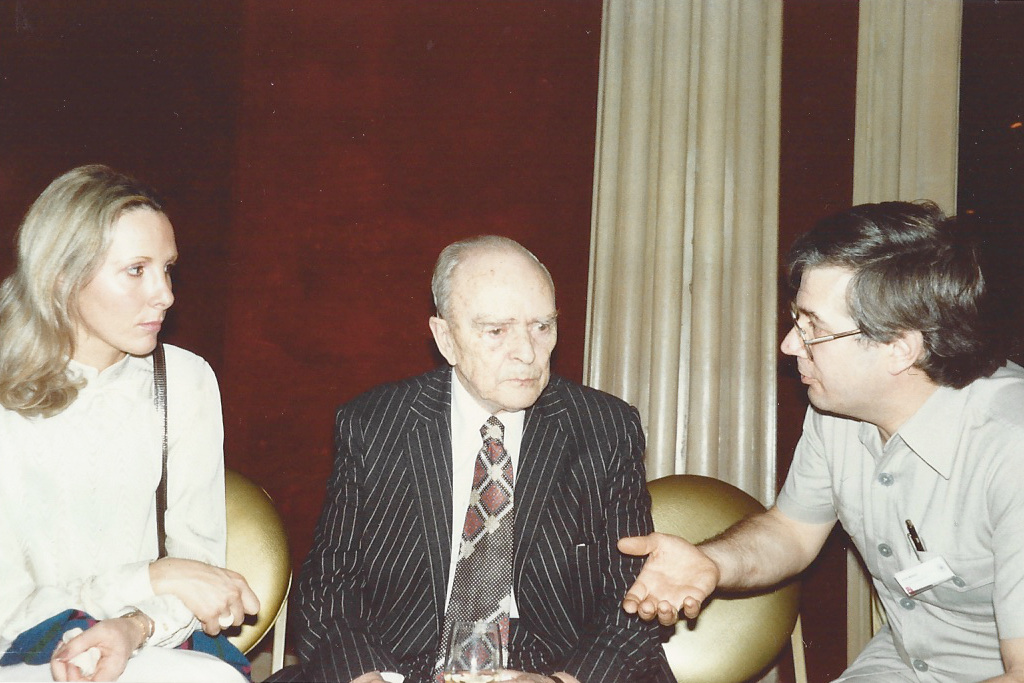

Then we got our man inside…
In the Spring of 1988 Federico Mayor, the newly elected director-general of UNESCO, approached IPRA president Alain Modoux to join the communications section at UNESCO.
This was a double-edged sword. An opportunity for a real PR man inside UNESCO but an attitude within UNESCO driven by an historic misunderstanding of PR.
And then it happened.
More than one wall came down…
The geopolitical tsunami brought about by the fall of the Berlin Wall on 9 November 1989 made it possible to settle older controversies and led to UNESCO’s new communication strategy aimed at freedom of expression.
This process, which started with the fall of the wall and eventually led to the annual celebration of World Press Freedom Day, is explained in detail here.
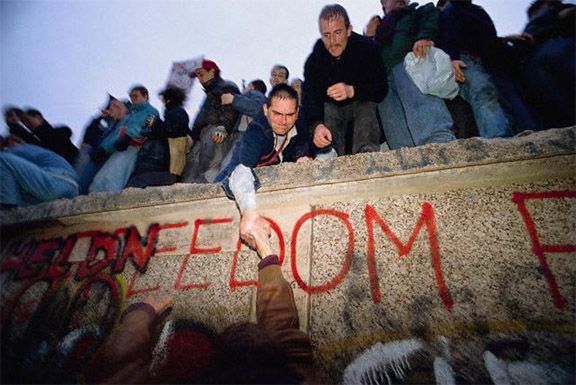
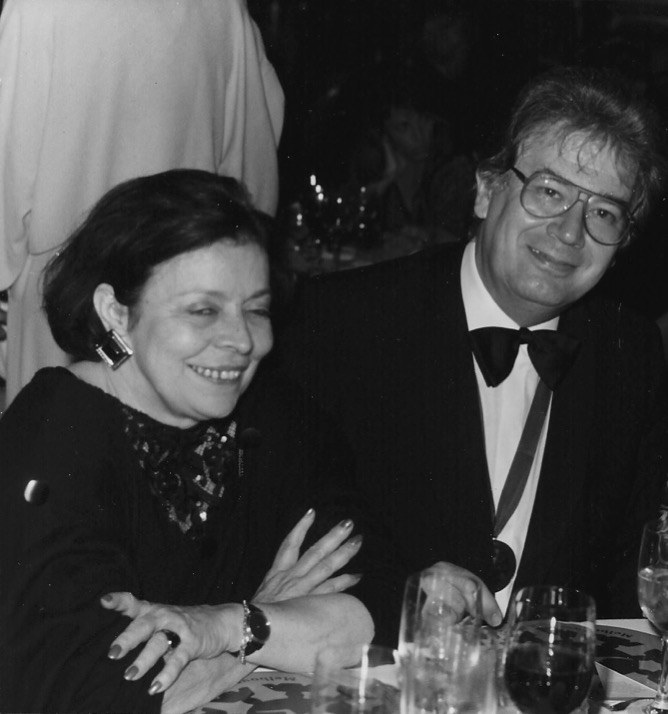
And UNESCO developed its own comms network …
Instrumental in World Press Freedom Day was the former UN under-secretary-general for information, Thérèse Paquet-Sévigny. When she left the UN for the academic world, she was awarded a UNESCO chair in communication.
Thérèse saw the opportunity to make this a part of an international network. And from that desire was born in May 1994 UNESCO’s Orbicom. It brought together all of the UNESCO chairs in communication and dozens of communication professionals from all over the world. Several IPRA members joined Orbicom, including past presidents, Göran Sjöberg and Charles van der Straten Waillet.
This relationship remains relevant today. Orbicom’s 2021 declaration on communication endorsed by IPRA is here.
And into the 90’s IPRA helped to promote dialogue over conflict…
The Oslo Accords of October 1993 were an attempt to broker peace between Israel and the Palestinian Liberation Organization. However, the accords were the result of secret talks and there was scepticism on both sides. They had little chance of success without the support of the Israeli and Palestinian media. And IPRA was to help bring those competing media together.
In July 1998, a meeting in Rhodes assembled around 100 Israeli and Palestinian journalists. One of the organizers was IPRA member Margalit Toledano. She helped draft the final declaration.
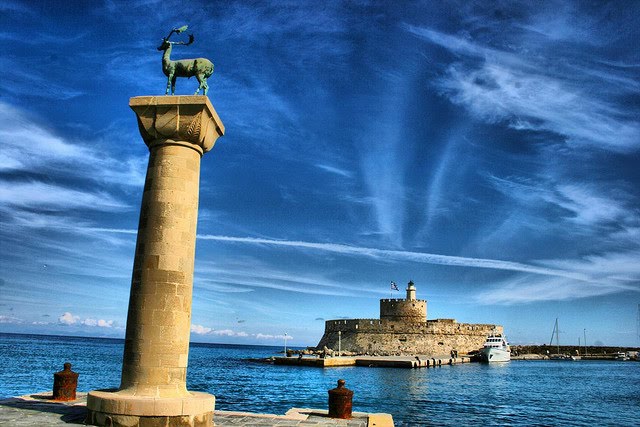
The declaration proposed a Press Club in Jerusalem open to Israeli and Palestinian journalists, as well as the lifting of travel bans on journalists. Four months later, UNESCO announced the Israeli-Palestinian media forum. The forum lasted until the violent events of 2000 that led to new travel restrictions. These events and the role of Margalit were published in 2017 in a Routledge collection under the title International public relations perspectives from deeply divided societies. The book is available at an IPRA discount here.
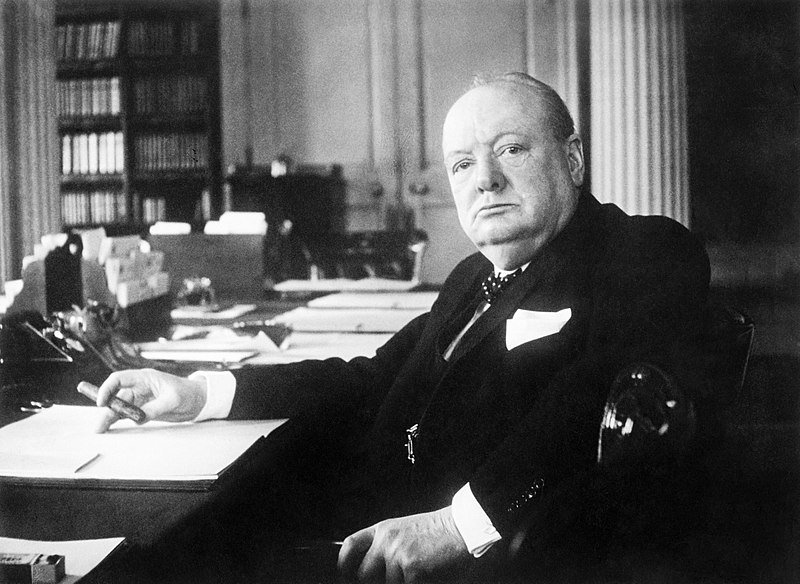
Latest Ipra ITL:

ITL #633 The mesh revolution: a new model for PR in an era of industry contraction
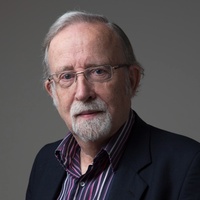
ITL #632 Accelerating legal encroachment: are lawyers taking over the lead from crisis managers?

ITL #631 Responsible guardians: nurturing the NextGen of human intelligence over the artificial
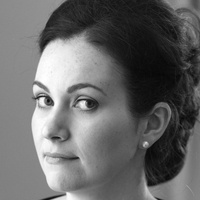
ITL #630 Rewriting the PR playbook: what Gen Z employees and consumers are teaching us in Asia




